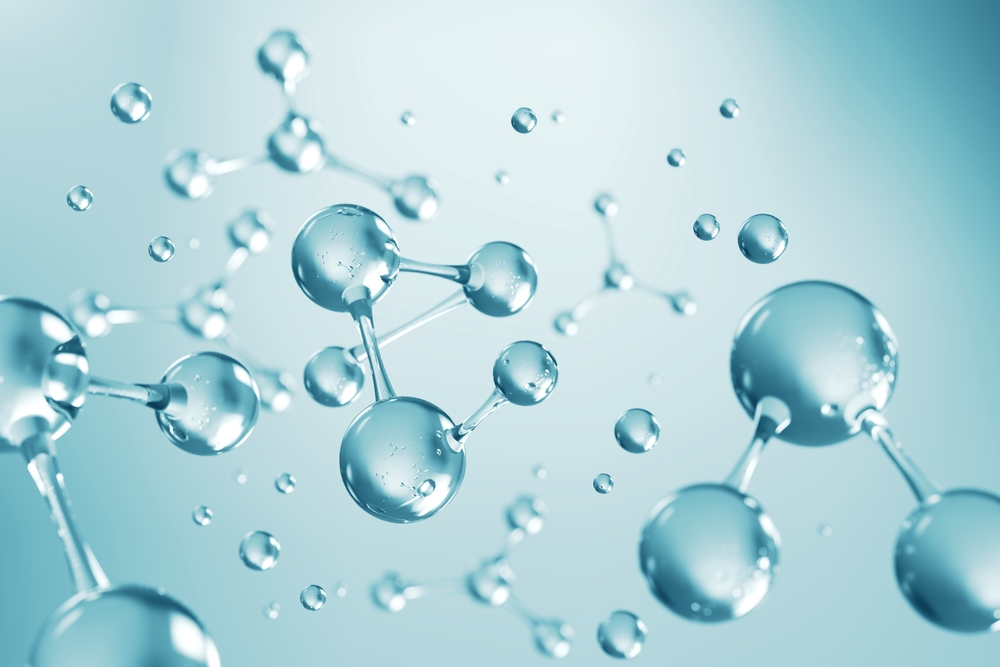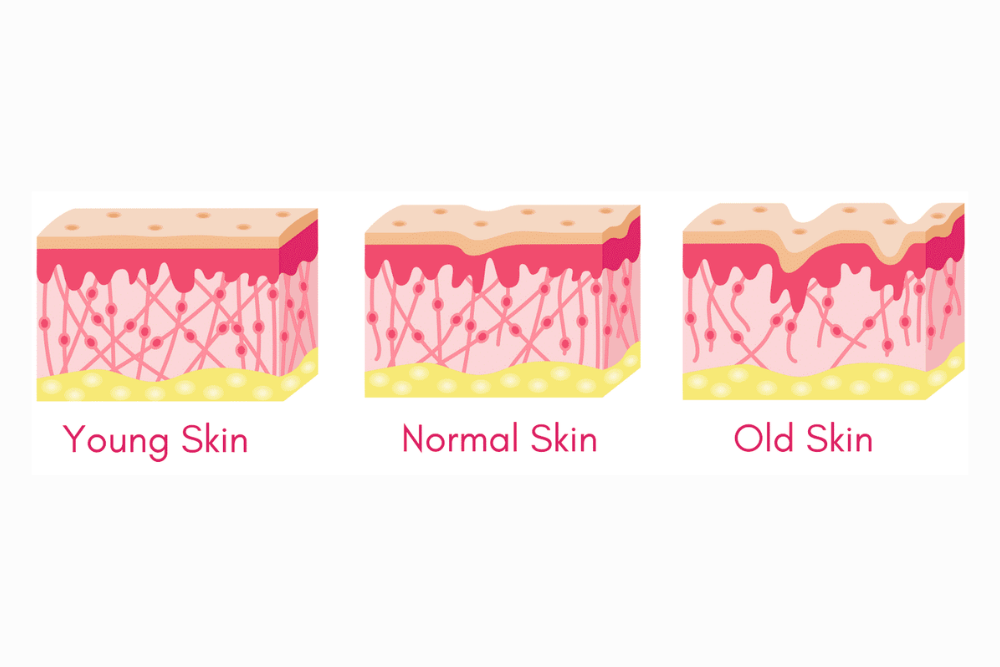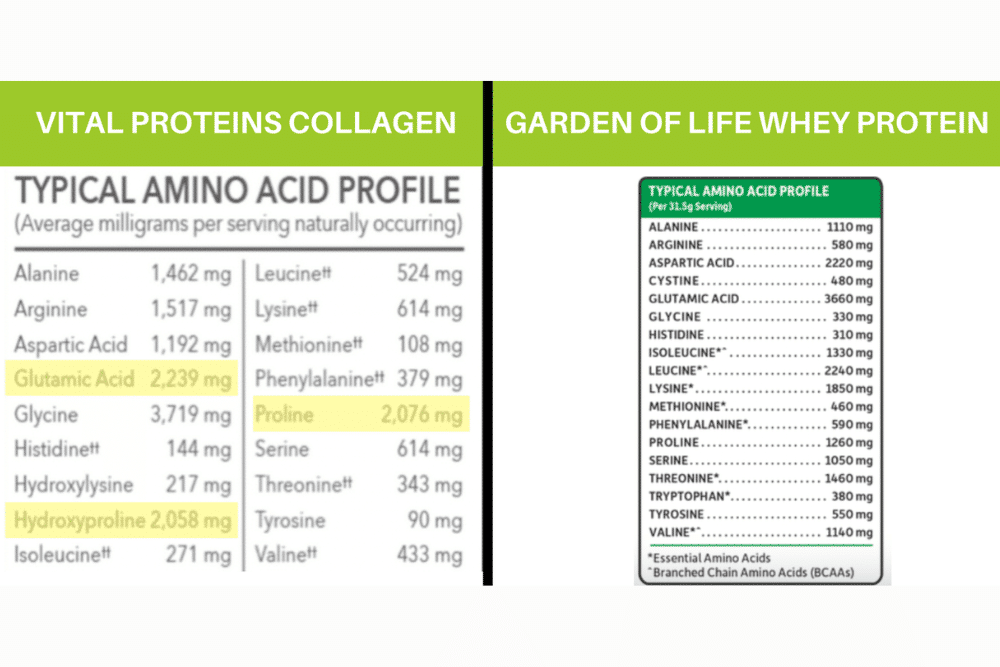Should You Take Collagen Supplements? The Benefits for Women Over 50

As we age, maintaining healthy skin and joints becomes more challenging. Collagen protein, a crucial component of our body’s connective tissues, is vital in supporting skin elasticity and joint function—but after 50, our bodies naturally produce less, which can lead to sagging skin and joint discomfort.
But there’s good news! Adding collagen protein to your daily routine can help turn back the clock.
Here, we explore how incorporating collagen protein into your daily routine can rejuvenate your skin, alleviate joint pain, and help you feel more vibrant and youthful after 50.
What is Collagen?

Photo Credit: Shutterstock
Collagen is the most abundant protein in your body, making up around 30 percent of your total body protein and 70 to 80 percent of your skin. It helps your body form the connective tissue found in your skin, bones, muscles, tendons, and cartilage. Collagen helps these body parts stay strong—without it, they lose elasticity and the ability to function properly.
Collagen protein, which is naturally produced by the body, is made up of 18 beneficial amino acids—the molecules that combine to form proteins. The reason they are so important? Amino acids are the building blocks of protein, which your body needs to maintain functionality and good health.
Types of Collagen

Photo Credit: Shutterstock
While there are around 28 different types of collagen, supplement options are typically comprised of three main types:
- Type I Collagen: Makes up 90 percent of your body’s collagen and helps maintain healthy skin, hair, nails, bones, tendons, and ligaments.
- Type II Collagen: A main component of elastic cartilage that helps maintain healthy joints.
- Type III Collagen: Benefits your muscles, organs, and arteries.
Collagen Peptides
Collagen peptides are basically collagen protein in a more broken-down form. They are small pieces of animal collagen that are more easily digestible. Often, the two phrases “collagen peptides” and “collagen proteins” are used interchangeably.
Collagen peptides are known for improving aging skin and osteoarthritis and repairing damaged collagen. Research suggests collagen peptides may also help reduce the risk of heart conditions by keeping your arteries healthy, preventing the loss of muscle mass, and helping keep your skin hydrated and flexible.
The Natural Decline in Collagen

Photo Credit: Get Healthy U
Collagen production starts declining around the age of 25 and continues to decline as you age. A decrease in collagen can lead to wrinkled or sagging skin, hollowing of the eyes, weakened muscles, stiffer joints, digestive issues, and problems with blood flow.
Moreover, studies show that women’s skin loses about 30 percent of its collagen during the first five years of menopause. After that, the decline is more gradual. Women lose about 2 percent of their collagen every year for the next 20 years.
As collagen diminishes, our skin loses its firmness and begins to sag. A decrease in collagen can lead to wrinkled or sagging skin, hollowing of the eyes, weakened muscles, stiffer joints, digestive issues, and problems with blood flow.
This is why many people turn to collagen supplements to help maintain younger-looking skin and healthy joints!
Collagen For Better Joint Health

Photo Credit: Shutterstock
Research shows collagen supplements may improve skin elasticity and joint mobility, and also decrease joint pain in athletes and those with conditions like osteoarthritis.
Type II collagen, in particular, supports cartilage and joint health. It may help reduce popping knees while also supporting the jaw and back.
Many assume that joint pain, popping knees, and weakened cartilage are unavoidable parts of the aging process, but it’s actually a lack of type II collagen, which can be improved through a healthy diet and the right collagen supplements.
Collagen For Younger-Looking Skin

Photo Credit: Shutterstock
One of the primary benefits of taking collagen peptides is their ability to support skin health. Studies suggest that collagen supplementation can improve skin elasticity, hydration, and overall appearance. It can reduce the appearance of wrinkles and promote a more youthful complexion.
Type I collagen is known for keeping skin supple and firm. Collagen peptides may also benefit hair and nail health, promoting stronger, thicker hair and reducing brittleness and nail breakage.
The Difference Between Collagen and Whey Protein

Photo Credit: Get Healthy U
Whey protein is another popular supplement for healthy aging, leading many to wonder—what is the difference between collagen and whey protein?
Both collagen protein and whey protein offer substantial benefits, but the main difference between the two comes down to their amino acid profiles. Check out the example above (remember that 1,000 milligrams are equivalent to 1 gram):
- Vital Proteins Collagen (left) contains a high value of glutamic acid (2.2 grams), hydroxyproline (2 grams), and proline (2 grams). These particular amino acids primarily benefit your hair, skin, and nails.
- Garden of Life Whey Protein (right) contains a high value of isoleucine (1.33 grams), leucine (2.24 grams), and valine (1.14 grams) which are very beneficial for muscle recovery.
Additionally, collagen contains eight of the nine essential amino acids, whereas whey protein contains all nine.
Overall, collagen and whey proteins offer great health benefits, and your choice should be based on your personal needs.
- If your focus is to boost muscle growth and help muscle recovery after a workout, whey is the best option.
- If you’re looking to ease joint pain or improve your skin, hair, and nails, collagen is a great choice.
Can You Take Collagen Supplements Every Day?

Photo Credit: Shutterstock
You can! Taking collagen and whey protein every day is considered safe. You will typically see collagen types I and III packaged together in supplements, focusing on your skin health, hair, nails, and bone health.
Of course, you should always speak with your doctor before starting a supplement regimen.
Check out the full article Collagen Protein vs. Whey Protein for a closer look at collagen and whey protein (including some of the best options!).
